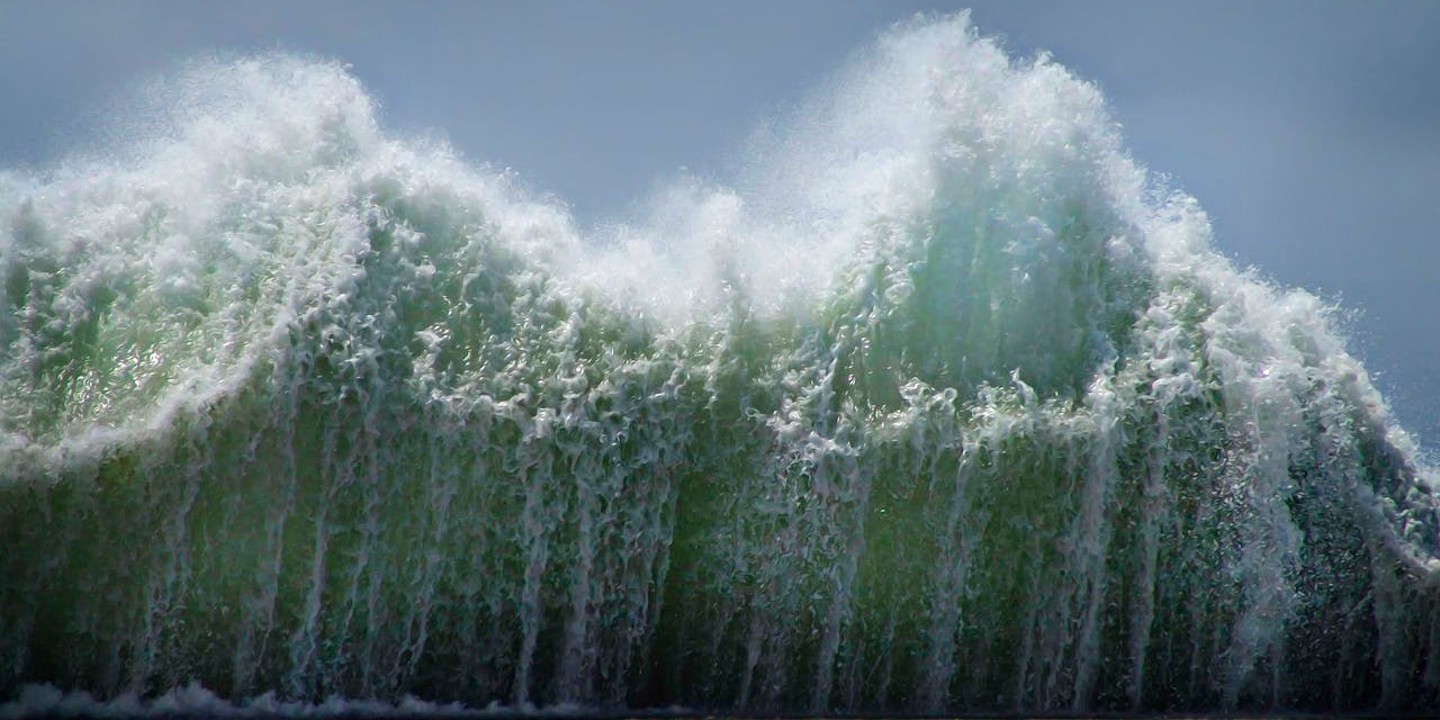Because Sometimes Your Souvenir Is a Criminal Offense
Travel changes the way we see the world, but it also has a funny way of reminding us how little we know about the rules that govern it. Local laws can feel like hidden pitfalls, tucked away out of sight until the wrong snack or the wrong gesture suddenly sets off the hair trigger. You think you’re just chewing gum, or snapping a selfie, or carrying a seashell home, and then in the next moment you’re being wrestled to the ground by police. And most of the time, it isn’t malice on your part—it’s just ignorance. We pack the guidebooks and the phrase apps but forget that some places outlaw things we don’t even think twice about. Here are twenty strange laws that might not be on your radar when you go globetrotting.
1. Chewing Gum in Singapore
Chew gum, get fined. Singapore banned it in the ’90s to keep sidewalks clean and public property from getting gummed up. Customs officers often check bags for it. One piece of Wrigley’s will essentially transform you into a smuggler.
2. Feeding Pigeons in Venice
Venice already struggles under the weight of tourism. Throwing breadcrumbs at pigeons might look picturesque on Instagram, but city officials slapped a ban on it years ago. Too much bird poop equates to damaged monuments. The fine? Up to €500.
3. Wearing Camouflage in the Caribbean
Several islands—Barbados, St. Lucia, Jamaica—have laws against civilians wearing camouflage clothing. The idea is to prevent people from being mistaken for military personnel. So when you’re packing your bag for that beachfront vacation, leave those camo shorts at home.
4. Driving a Dirty Car in Russia
In Moscow, you can be fined if your car is too filthy. While dirty is subjective, mud-caked license plates are almost guaranteed to get you pulled over. Wash stations stay busy, especially in winter.
5. Walking Dogs Without a Bag in Madrid
Spain passed laws requiring dog owners to carry bags and clean up after their pets. Fail to do so and you’ll get more than just dirty looks from other pedestrians on the sidewalk—you’ll get a hefty fine. In some cities, repeat offenders even face community service.
6. Taking Sand from Sardinia
Tourists love to scoop sand into bottles as keepsakes, but Sardinia isn’t interested in supporting this particular type of souvenir. Local authorities cracked down after coastal erosion became a serious problem. Customs officials now seize sand, shells, even pebbles on your way home.
7. Wearing High Heels at Ancient Sites in Greece
Yes, high heels. The sharp points damage marble ruins. Tourists once strutted through the Parthenon without thinking twice, but now guards will stop you and send you back to your hotel. If you plan on visiting the Acropolis, be sure to bring your sneakers.
8. Bringing Kinder Eggs into the U.S.
This isn’t exactly a foreign law, but plenty of European travelers learn this the hard way at American customs. The U.S. bans the chocolate treats because of the small toy hidden inside, claiming that it’s a choking hazard.
 United States Customs and Border Protection on Wikimedia
United States Customs and Border Protection on Wikimedia
9. Chewing Coca Leaves in Japan
In certain parts of South America, coca leaves are part of traditional Andean culture. However, if you opt to carry them into Japan, you’re carrying a controlled substance and will be promptly arrested.
10. Sitting on Monuments in Italy
Rome is full of old stones that seem to offer a convenient place to sit. The trouble is many of them are protected. Sit on the Spanish Steps with a gelato and you’ll pay a hefty fee for that little breather. Fines can climb up to €400.
 Marialaura Gionfriddo on Unsplash
Marialaura Gionfriddo on Unsplash
11. Photographing Government Buildings in Egypt
Taking a picture of the wrong building can get you detained. Even a seemingly harmless snap of a police station or airport building is treated as a security risk. Plenty of tourists have stories of being forced to delete photos under a soldier’s watchful eye.
12. Running Out of Gas on the Autobahn
Germany’s famous highway doesn’t make allowances for bad planning. If you happen to run out of gas on the shoulder, you’ve actually committed a crime. In the eyes of the law, it counts as preventable negligence, not bad luck.
13. Wearing Flip-Flops While Driving in Spain
Authorities argue that loose shoes like flip-flops make it unsafe to operate pedals (and let’s be honest, with good reason). You’ll probably get away with it, but if an officer spots your sandals when you climb out at your destination, you’ll be fined.
14. Importing Chewing Tobacco into Thailand
Thailand banned chewing tobacco imports a few years ago. You can smoke there, sure, but bring in snus or chew and you risk confiscation—even charges.
15. Naming a Baby “Prince” in Denmark
This doesn’t apply to travelers, but expats sometimes stumble here. Denmark has an approved baby name list. If you want to name your kid “Prince” or “Mango,” you’ll need special government permission.
16. Eating on Church Steps in Florence
Tourists spill gelato everywhere—it’s hard to avoid dripping in the heat. Florence cracked down by banning eating and drinking on church steps or historic squares. If you grab a panini in the piazza, you’d better factor in the cost of a ticket.
17. Carrying Prescription Pills Without Documentation in the UAE
Even basic medication can be treated like narcotics in Dubai. Authorities require official paperwork, often translated into Arabic. Tourists with anxiety meds or painkillers have ended up in jail simply for not having the right note from a doctor.
18. Crossing Roads Without a Shirt in Barcelona
Sunburnt travelers wandering back from the beach, shirt in hand, is not cool with the Barcelona authorities. City officials banned shirtless walking outside beach zones. The rule applies to bikinis too. So when the sand ends, best to throw on a shirt.
19. Taking Photos with Buddha in Thailand
You can photograph statues, sure, but posing in front of them with your back turned counts as disrespectful and is punishable with fines. Locals see it as insulting to their most revered deity.
20. Picking Up Oyster Shells in the U.K.
It can be tempting during coastal walks to pocket pretty shells you see glinting in the sunlight. But in protected areas like Whitstable, oysters are considered the property of fisheries. Technically, pocketing them counts as theft and will be treated as such.


























